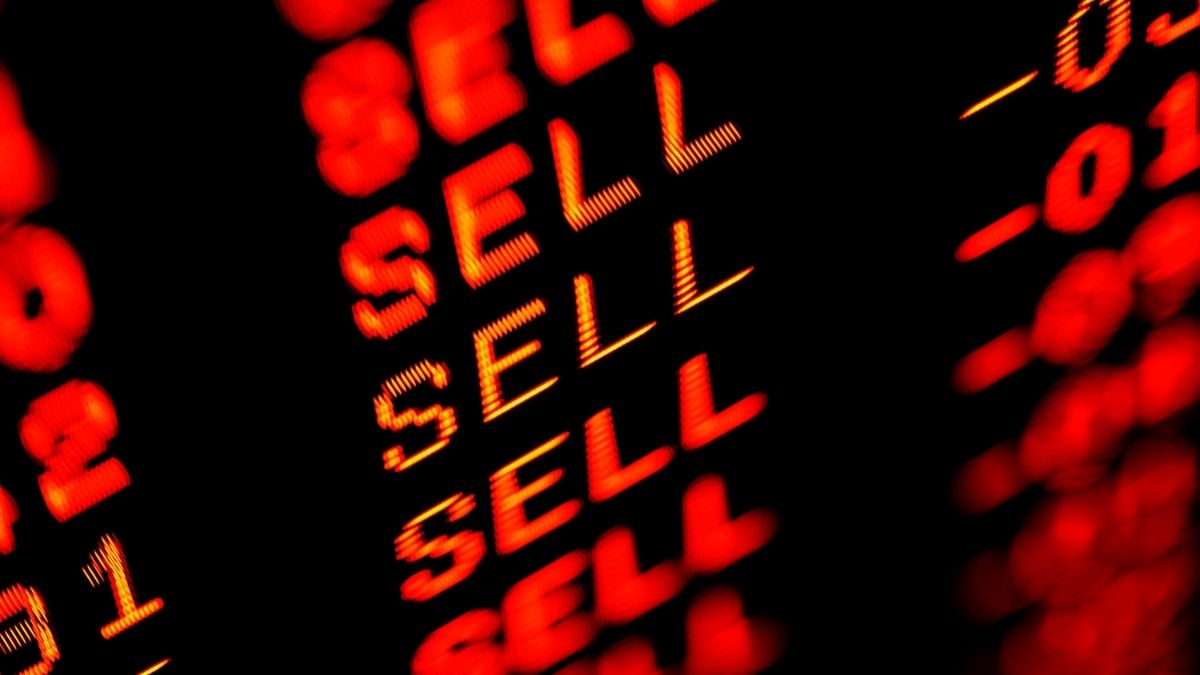The Hang Seng Index experienced its largest decline in 16 years, dropping by 9.41% to close at 20,926.79. This steep fall also marked the second-largest loss for the index this century. The significant decline came despite hopes that China’s central bank’s stimulus measures would provide some relief to the sluggish economy.
Chinese indices, including the Hang Seng, SSE Composite, and CS1300, had initially seen a surge due to optimism surrounding economic stimulus from the Chinese government. However, the market quickly reversed as investors realized that the latest announcements lacked concrete details on how the government plans to stimulate growth.
The chairman of China’s National Development and Reform Commission, Zheng Shanjie, expressed confidence in achieving the country’s full-year economic and social goals. Still, he acknowledged the increasing downward pressure on the Chinese economy. While China announced plans to issue 200 billion yuan for investment projects by the end of the year, this move fell short of what many investors had hoped for.
Alicia Garcia-Herrero, chief economist for the Asia Pacific region at Natixis, commented on the market’s disappointment, stating, “The correction will be even stronger if the data on Golden Week consumption is weak. The market expected more, and the lack of substantial fiscal stimulus has led to this sharp drop.”
The Chinese government has been grappling with a slowdown in consumer spending and struggles in sectors like real estate, which have worsened the economic outlook. Investors remain cautious as concerns grow over whether China will meet its 5% annual growth target for the year.


